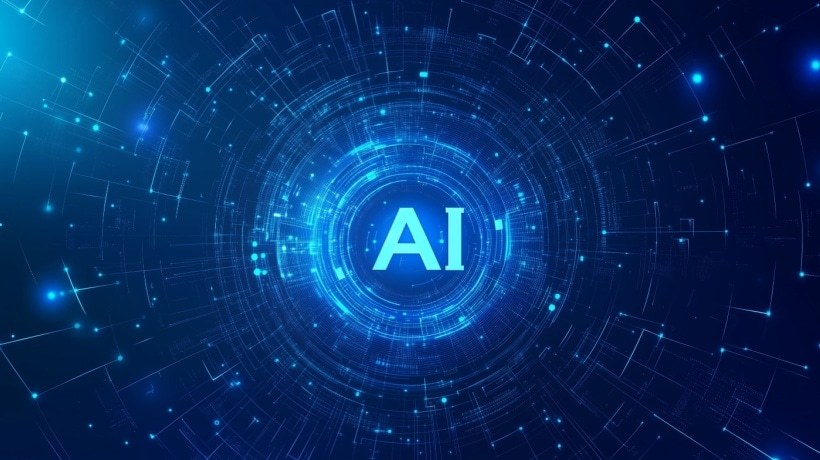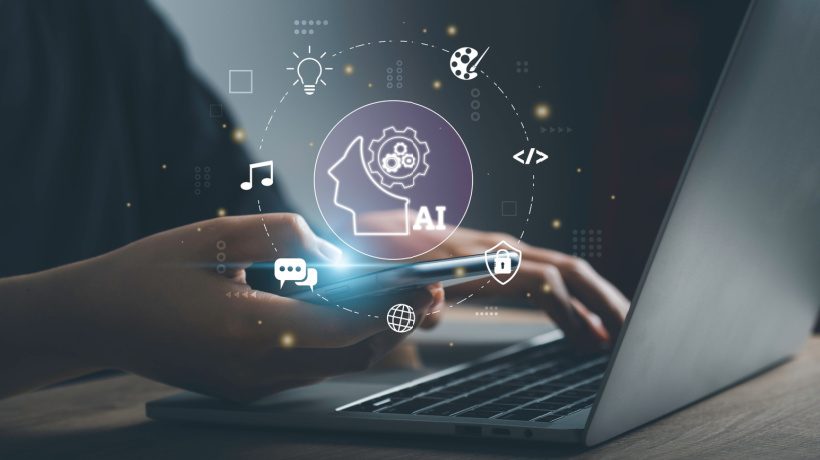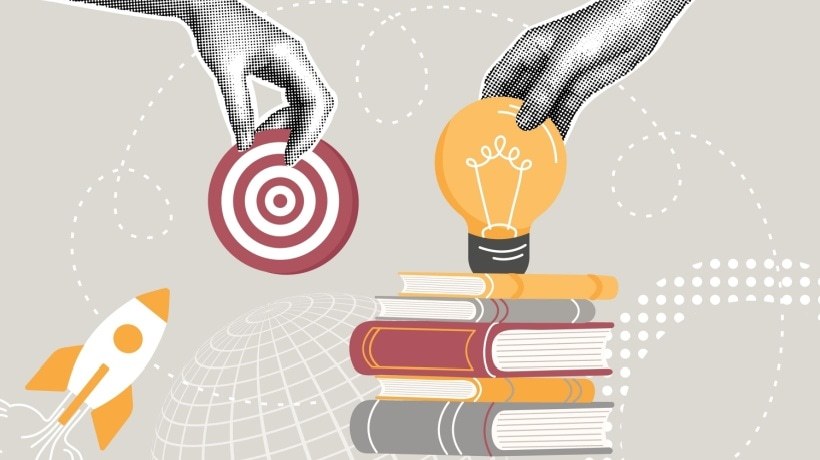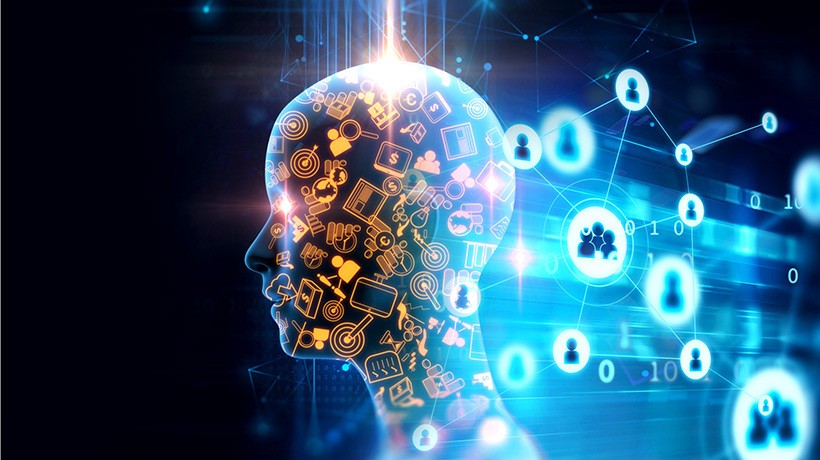How AI Personalizes Learning Experiences
Imagine having a teacher who understands exactly how you learn best, who adjusts lessons based on your progress, and who always knows the next step to help you succeed. Thanks to Artificial Intelligence (AI), this vision is becoming a reality. In 2025 and beyond, AI is reshaping education, making learning more personal, flexible, and effective than ever before.
Students today expect personalization in all aspects of life, from movie recommendations to online shopping, and education is no exception. AI offers a way to meet these expectations, helping learners stay engaged, motivated, and confident in their abilities. As we continue to embrace technology in classrooms and corporate training programs, understanding how AI supports personalized learning is crucial for shaping the future of education. This article explores how AI is transforming personalized learning, the technologies driving it, the benefits and challenges involved, and what the future might hold.
What Is Personalized Learning?
Personalized learning means tailoring education to meet each student's unique needs, strengths, and interests. Instead of offering the same lessons to every learner, educators now aim to adjust teaching methods, pacing, and content to fit individual students. With technology evolving so quickly, students today expect education to feel just as customized as their favorite apps or streaming services.
How AI Supports Personalized Learning
Adaptive Learning Systems
AI-powered adaptive systems adjust lessons based on how students perform. If a learner struggles with a topic, the system provides additional support or practice. Platforms like Duolingo and Coursera already use adaptive learning to help students stay motivated and succeed.
Intelligent Tutoring Systems
AI tutoring systems act like virtual personal tutors. They observe how students work, offer hints, correct mistakes, and recommend new tasks—all in real time. These tools create a dynamic environment where support is always available, helping learners build confidence and skills independently.
Predictive Learning Paths
By analyzing a student's past activities, AI can predict where they might face challenges. It can recommend personalized next steps, helping students move forward efficiently without feeling overwhelmed.
AI-Powered Mind Mapping Tools
Mind mapping is a visual technique that helps organize and connect ideas. Today, AI-powered mind mapping tools take learning a step further by automatically converting content from textbooks, articles, notes, or even full PDFs into clear mind maps. These tools help learners see the big picture, spot gaps in knowledge, and create customized study plans. Visual learning like this supports better memory, deeper understanding, and a more engaging learning experience.
Key AI Technologies Behind Personalized Learning
Machine Learning
Machine Learning allows AI systems to "learn" from student data and improve recommendations over time. The more students interact, the more accurate and helpful the AI becomes.
Natural Language Processing (NLP)
NLP enables AI to understand human language, powering chatbots, writing assistants, and virtual tutors. This technology makes it easier for students to ask questions, receive feedback, and practice communication skills instantly.
Recommender Systems
Similar to Netflix suggesting shows, AI in education suggests courses, activities, or materials based on a student's interests, behavior, and needs. This keeps learning relevant and exciting.
Benefits Of AI-Powered Personalized Learning
- Greater engagement
Lessons adapt to student interests, boosting motivation and focus. - Improved retention
Personalized paths and visual tools like mind maps make it easier to understand and remember concepts. - Time efficiency
Teachers save time on routine tasks, and students learn more efficiently. - Support for diverse learning styles
Whether visual, auditory, or hands-on learners, AI can cater to many learning preferences.
Challenges To Consider
Data Privacy And Security
Personalized learning relies heavily on data. Schools and developers must prioritize keeping students' personal information safe and secure.
Bias In AI Systems
AI can sometimes reinforce existing biases if it learns from biased data. Ongoing evaluation is necessary to ensure that recommendations are fair and inclusive.
Maintaining The Human Connection
While AI offers many advantages, it cannot replace the emotional support, creativity, and mentorship provided by human teachers. Striking the right balance between technology and human interaction remains crucial.
Looking Ahead: The Future Of Personalized Learning
The future of AI in education looks promising. We can expect:
- Hyper-personalized AI tutors
Systems that adjust to a student's emotions and learning habits. - Emotion detection
AI that senses frustration or excitement and adapts lessons accordingly. - AI + Virtual Reality (VR)
Highly immersive, customized learning experiences in virtual environments. - Lifelong adaptive learning
AI supporting education at every life stage, from early school to career development and beyond.
Conclusion
AI is transforming personalized learning by making education smarter, more flexible, and more engaging. As we move into 2025 and beyond, embracing AI thoughtfully can create opportunities for students, educators, and lifelong learners alike. By combining the power of technology with the human touch of teachers, we can build a future where every learner has the chance to succeed.










